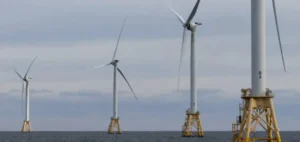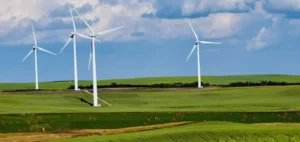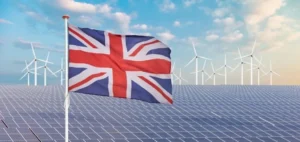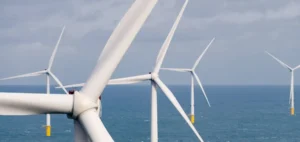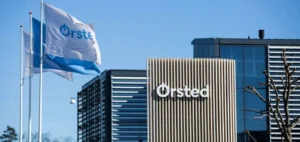EBRD invests in renewable energy production and low carbon technologies in Uzbekistan.
European funding
EBRD closes two loans worth $520 million to help bring two onshore wind power plants on stream. Located in Bukhara region, the two wind power plants will have a total installed capacity of 1GW. In addition, this is the European bank’s largest renewable energy financial project to date in the region.
The EBRD’s $277 million loan to the Bash Wind Power Plant has two components. The first part amounts to $150 million on the European bank’s own account. The second $127 million is made up of commercial lenders.
The Dzhankeldy plant will receive a $243 million loan from the EBRD and it will also be split in two. Thus, the $150 million A loan is being made to the European Bank’s account. The $93 million B loan consists of commercial lenders.
The capacity of the two plants amounts to a total of 3200GWh of electricity per year. As a result, Bash and Dzhankeldy will contribute to reducing annual CO2 emissions by 1,820,000 tons. Both plants are special project companies owned by ACWA Power.
International participation
The German development finance institution, Deutsche Investitions und Entwicklungsgesellschaft (DEG), also co-finances Bash and Dzhankeldy. In addition, the French development agency Proparco also participates in the financing of wind power projects. In addition, Standard Chartered Bank is also involved.
Bash Wind and Dzhankeldy Wind will use Identiflight technology, a high-resolution stereo camera system (HRSC). The system is based on artificial intelligence (AI). It monitors and detects species likely to collide with wind turbines.
Thus, in the event of a probable collision, the system triggers an automatic shutdown of certain turbines. Uzbekistan aims to develop 12GW of solar and wind capacity by 2030. In addition, the goal is to support the plan to achieve a carbon-neutral electricity sector by 2050.
The projects contribute to the decarbonization strategy that EBRD and the Uzbek government are working on together. To date, the European bank has invested nearly €3.71 billion in 121 projects in Uzbekistan, creating 2.85GW of renewable capacity.



